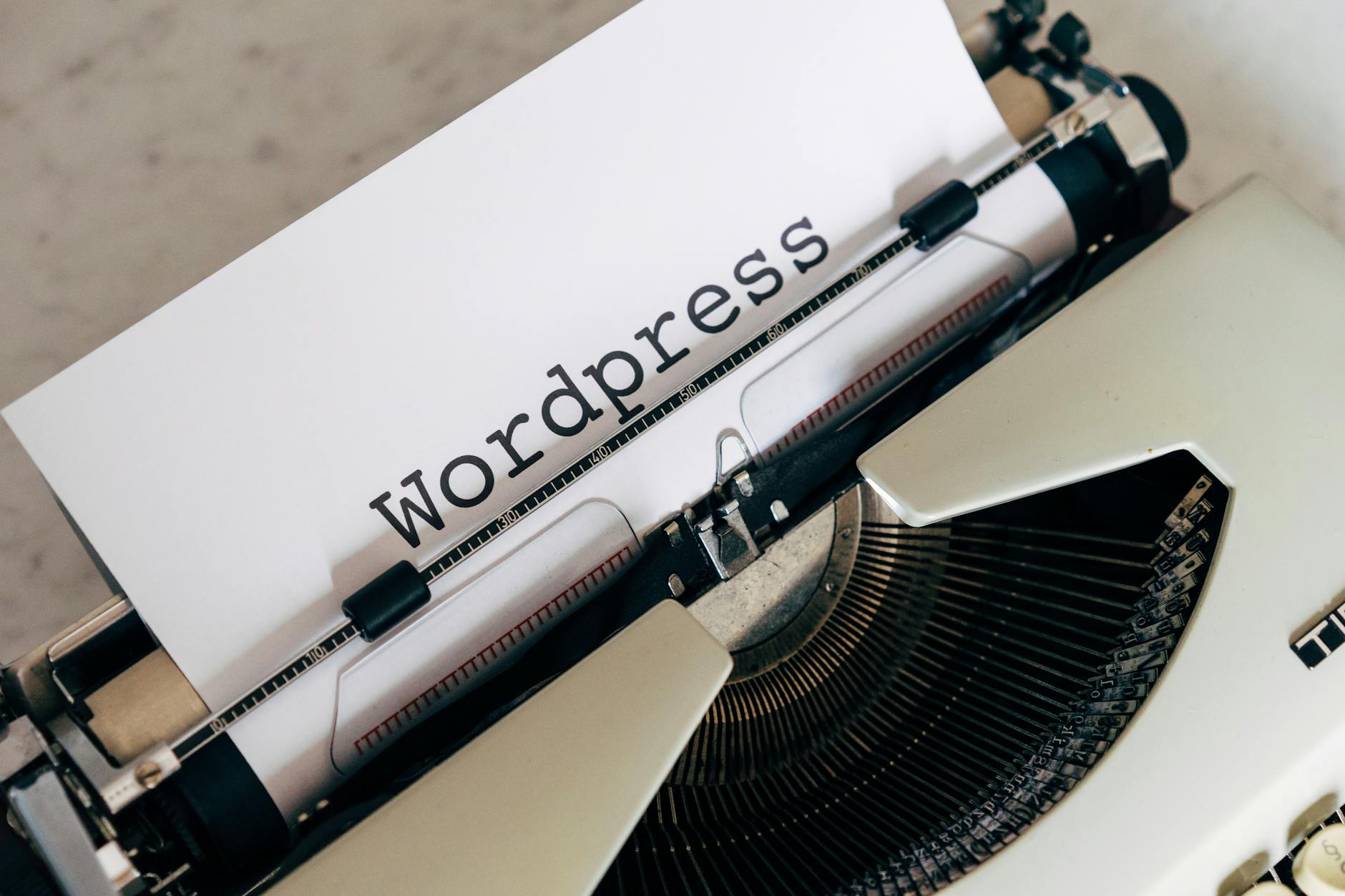
WordPress is one of the most successful software built for web but the aging signs on this 20 year old war horse are showing desperation.
WordPress prides itself as the leading CMS on internet. A whopping 43% of the internet uses WordPress. It is the most popular software for web, with the largest community and on the surface everything seems to be going pretty well for WordPress. However this is far from truth.
Recently a survey was conducted by WP Tavern the WordPress blog concerning all things WordPress ( funded by automatic ). This survey revealed some insights which were a revelation for the WordPress community.
WordPress usage in top tier sites has declined
Gone are the days when top blogs like Techcrunch, SmashingMagazine used to use WordPress for their blogs. They’ve migrated to the newer JamStack, while the overall usage of WP has increased, that is mainly because it is “FREE”.

While this is just the start, the downward trend has continued for over 2 years and for the the top 10k sites it is very prominent.
The comparison with other CMS (JOOMLA, Drupal) who have almost vanished is not fair for WordPress to complete with them.
The top tier sites the ones that really do business on internet have seen a decline since 2023.

Over 75% of sites running on end of life PHP versions
Over 43% sites run on php 7.4 which was end of life in 2022. Which means people are not upgrading and are sticking with older version of PHP and WordPress.

Every 3 out of 4 WordPress sites are vulnerable and not receiving security updates.
There can be various factors for not upgrading and one of which is “Upgrades breaking the sites”. WordPress sites always run under the fear of site upgrade breaking the site and then the site owner has to pay the developers to fix and up the site which seems like an unnecessary expense on top of hosting and other expenses.
New talent does not come to WordPress anymore.
One of the most serious issues. Average WordPress developer age is around 40 years. This industry is overwhelmed with people who are experienced and some close to retirement. These people will face difficulties in upgrading themselves to newer technologies.
We can already see how this is impacting WordPress products. You will lack of adoption for newer technologies, less modern scripts and modern style of coding is missing. WordPress AI integration is mostly built around wrappers for for open AI and services, not directly implementing LLMs.
Lack of modern libraries for integration with modern standards.

Innovative solutions on WordPress are on a decline
Solutions built on WordPress are declining. Many of the shops have closed, some have sold to bigger entities who are also struggling. This is evident from the fact the Envato the company which sold WordPress themes and plugins had to recently fire staff and was sold to a smaller company. Many top authors on Themeforest already left and some are just surviving. link , link
WordPress flagship products are declining
BuddyPress’s recent updates have not been liked by the community, ever since its version 12 launch things have declined massively.
Things have gone down towards 2016 levels despite being the leading membership and social network plugin.
WordPress launching of Gutenberg was one such step which was forced down upon the WordPress community. In a desperate attempt to moderise WordPress, it killed the very thing which made it “WordPress” . Which is any one can develop for WordPress. Now the WordPRess development requires you to learn convoluted javascript, Css, apis and WordPress styled php for the backend. This is too much learning when you compare with nextJS you just have to learn 1 language which is javascript.

Security issues, constant updates
WordPress users are simply overwhelmed by the constant security issues and updates. On one hand this seems to be good but as a site owner you’re constantly worried. The level and the range of security issues are in millions. These issues range from plugins to themes and right inside the core. The main reason is the fear of sites breaking down and an unnecessary expense coming on to the site owners. All the benefits of customisability are drawn away when you look and see that every 3 out of 4 sites do not want to upgrade.
WordPress is too expensive
WordPress might seem like a “Free” software but it is far from truth. WordPress is really expensive. Right from the hosting to WordPress plugins. If just take a look at recurring fees of WooCommerce plugins : example Subscriptions , this plugin alone costs you $24/month which is really absurd given the fact that you can get a Shopify site for $29/month with hosting, SEO, backups etc.
To aggravate , Post Covid , the lean startups were sold to bigger corporate entities who have raised the rates of these subscriptions even higher.
Newer emerging technologies : NextJs
When you compare this with NextJS, in a very short span of time it has captured a huge market in a very short span of time.

—
NextJS in top 10k sites : 1791
WordPress in top 10k sites : 2484
Total Nextjs Sites : 1.4 m
Total WP sites : 33.5 m
—
WordPress has been a great CMS but with modern technologies which was optimised and faster, it seems the road for WP is not going to be easier. AS for us, we’re re-developing all our solutions from WordPress to NextJS + Supabase. VibeThemes will be relaunched in a. new avatar.

